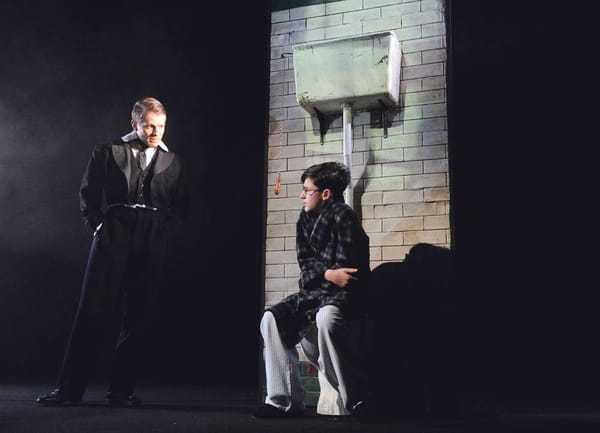100 Years Of Solitude
Majid Al-Khalil recounts a book which is called the most influential Latin American text of all time
"Many years later, as he faced the firing squad, Colonel Aureliano BuendÌa was to remember that distant afternoon when his father took him to discover ice..." These are the first words which catapult the reader into Marquez's vibrant imagination and of a novel that has stayed with me from the moment I finished reading it.
The novel chronicles the lives, hopes and failures of seven generations of the BuendÌa family and the town they build on the banks of an Amazonian river. In the book's "magic realism" the line between our normal world and the supernatural is blurred, leading to a setting which seems very like our own, albeit the odd ghost or insomnia epidemic, all of which are portrayed with characteristic nonchalance and casualness. Coupled to this is the fluidity of time; while some characters are impossibly old and it can rain for years on end, there are contrasting moments when Marquez dismisses decades with a few strokes of his pen. This dreamlike and subjective way in which the various stories are told hint at the way we perceive our own lives: looking back at the multitude of events which unfold over the novel, it is stressed that memories are fleeting impressions of moments, an incomplete picture.
At the centre of Marquez's writings are always his characters. Richly developed and too numerous to keep track of, it is easy to become lost. Eventually comes the realisation that this is not too great a problem. New generations of children mature only to commit the same acts as their ancestors ñ the circularity of history is obviously important to Marquez.
Present in the novel is page after page of vivid description and imagery, much of it devoted to his character's love lives. The style is romantic but not cliched. Rather than Hollywood style heroes overcoming obstacles to find eternal love and happiness, Marquez's characters are much more flawed, and much more human. Would be heroes are struck down by the size of their own egos (and sometimes libidos) amidst echoes of Nietzsche's "will to power". Those who endure solitude find that it is strongest when they are surrounded by others - a theme more relevant now than ever, in our world of urban alienation. Finally, the would-be poetic bubble is often punctured by the author's own sharp, if seemingly crude, wit.
To me, this is a magnificent work. Despite what the title suggests it is as much a celebration of the full richness of human emotion rather than just solitude. Bravado, ecstasy, love and blind lust are all portrayed within, along with their consequences. To anyone who is even thinking about reading it, do not hesitate a moment longer.









